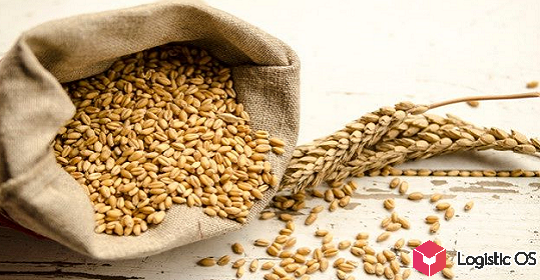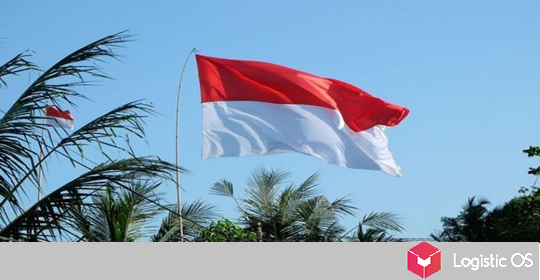In the first quarter of 2024, exports of vegetable oils set record levels and may continue to grow.
Russia is currently actively trading with China in many directions, including the supply of agricultural products. An important element of such supplies can be called the export of vegetable oils.
According to the latest data, the volume of exports of edible vegetable oils from Russia to China in the first quarter of 2024 reached 580 thousand tons. This is much more than in the first quarter of the previous year, the increase was about 18%.
It is especially important that Russia has become China’s largest supplier of these products. Today, about 60% of the supply of edible vegetable oils to China comes from Russia.
In general, in January-April of this year, the volume of exports of vegetable oils from Russia amounted to about 25.5 million tons. Of this volume, China purchased about 660 thousand tons, that is, almost a quarter of the total volume, analysts report.
For Russian exporters, China is also considered a strategic partner; it is in the top three countries in terms of purchase volumes of almost all oils: sunflower, rapeseed and soybean.
The supply of meal is also actively growing. For example, in January-April of this year, the export of rapeseed meal increased 6 times.
What other countries buy Russian oil?
In addition to China, there are a number of countries that are among the active buyers of vegetable oil from the Russian Federation.
These include Türkiye and Egypt, Algeria and India. It is noted that supplies to India have more than tripled.
At the same time, good prospects remain for the export of Russian vegetable oils in the future.
However, there are a number of factors on which the rate of export of Russian oils in the future depends. One of these factors is supply and demand in the global palm oil market.
“Much will depend on palm oil export prices, which are currently under pressure from the decline in Malaysian exports and expectations for increased production, which could lead to an increase in the supply of these products on the market at a more attractive price,” said Oleoscope analyst Kirill Lozovoy.
In general, Russia is currently fully self-sufficient in vegetable oils; by the end of the year, production capacity may increase by 6%, to 33 million tons.
At the same time, domestic consumption is significantly less than this value, so a significant part of the oil can be exported, experts are sure.

